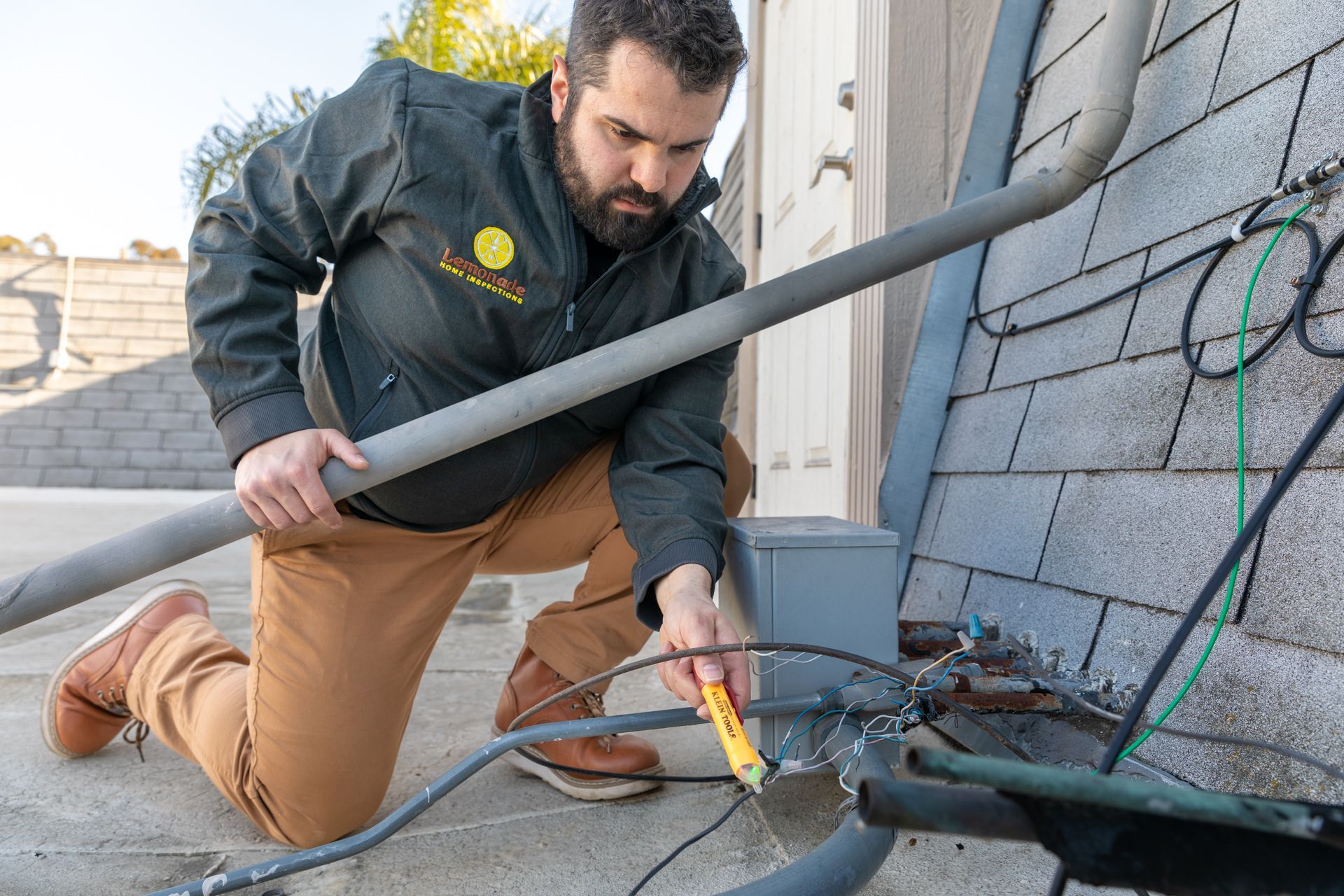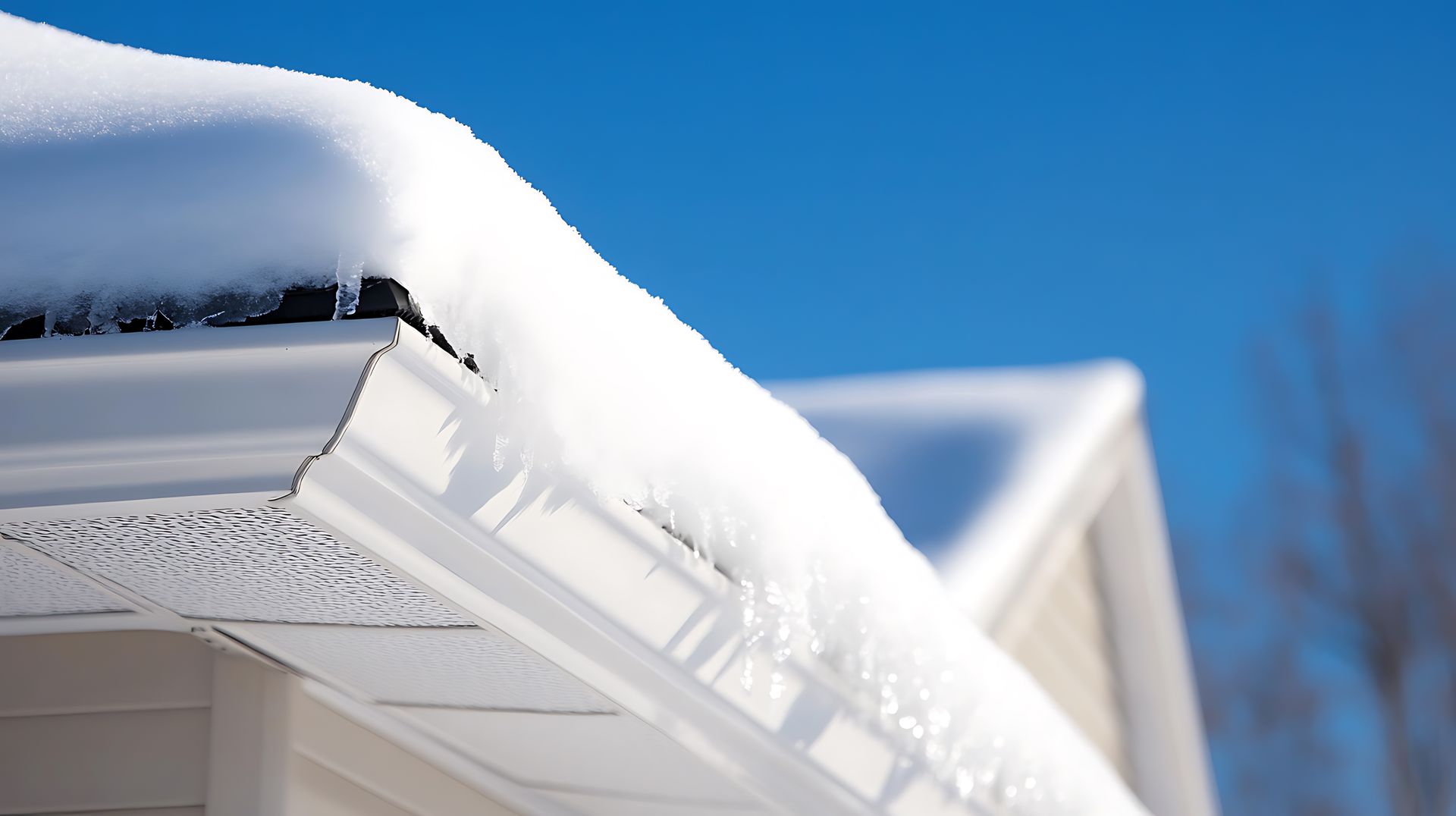Buying your first home is an exhilarating experience but can also be daunting, especially when understanding the home inspection process. In Ohio, where homes vary widely in age, style, and condition, a solid grasp of what to expect during a home inspection is crucial. This guide is designed to help first-time homebuyers in Ohio navigate the home inspection process smoothly and confidently.
What is a Home Inspection?
A home inspection is a thorough examination of a property's condition conducted by a professional inspector. The goal is to identify potential issues affecting the home's safety, functionality, and value. This process is essential for first-time buyers as it helps ensure you make a sound investment and are fully aware of any existing or potential problems with the property.
What to Expect During the Inspection
Duration:
A typical home inspection in Ohio takes between 2 to 4 hours, depending on the size and condition of the property.
Areas Covered:
The inspector will examine:
- Exterior: Roof, gutters, downspouts, siding, windows, doors, foundation, and drainage.
- Interior: Walls, ceilings, floors, windows, doors, stairs, and railings.
- Structural Components: Foundation, framing, and basement.
- Systems: Plumbing, electrical, heating, ventilation, air conditioning (HVAC), and water heating systems.
- Appliances: Built-in appliances such as ovens, dishwashers, and range hoods.
Inspector’s Role:
The inspector will objectively assess the home's condition. They will not offer repairs or improvements but highlight areas that need attention or may require future maintenance.
Tips for First-Time Homebuyers
- Hire a Qualified Inspector: Ensure your inspector is licensed, certified, and experienced. Look for inspectors with good reviews and recommendations, and consider their familiarity with Ohio-specific issues like basement flooding or roof damage from snow and ice.
- Be Present During the Inspection: Attending the inspection allows you to see firsthand what the inspector observes. It’s an excellent opportunity to ask questions and learn more about the property.
- Ask Questions: Don't hesitate to ask the inspector to explain their findings or to clarify how certain systems work. Understanding the ins and outs of your potential new home is invaluable.
- Review the Inspection Report Carefully: You’ll receive a detailed report outlining the inspector's findings after the inspection. Review this document thoroughly and discuss any significant issues with your real estate agent or inspector.
- Negotiate Based on Findings: Use the inspection report to negotiate with the seller. You can request repairs, a price reduction, or request seller credits to address any significant issues uncovered during the inspection.
- Consider Future Maintenance: Every home requires ongoing maintenance. Use the inspection report as a guide to prioritize future repairs and improvements, even if they aren't immediate deal-breakers.
Common Issues Found in Ohio Homes
Ohio homes, particularly older ones, can present specific challenges:
- Basement Moisture: Due to Ohio's climate, basement moisture and mold can be common issues. Inspectors will look for signs of water intrusion and recommend solutions.
- Roof Condition: Inspectors will check for missing or damaged shingles, which is especially important in areas prone to severe weather.
- Electrical Systems: Older homes may need more electrical systems. Inspectors will check for proper grounding, adequate electrical service, and safe wiring.
- HVAC Systems: Ensure heating and cooling systems are functioning correctly and efficiently. Older systems need updating to meet current standards.
Conclusion
The home inspection is a vital step in the journey to homeownership, particularly for first-time buyers in Ohio. By understanding what to expect and how to prepare, you can make informed decisions, negotiate effectively, and ensure that your new home is a safe investment. With the proper knowledge and a trusted inspector, you can navigate this process with confidence and peace of mind.




